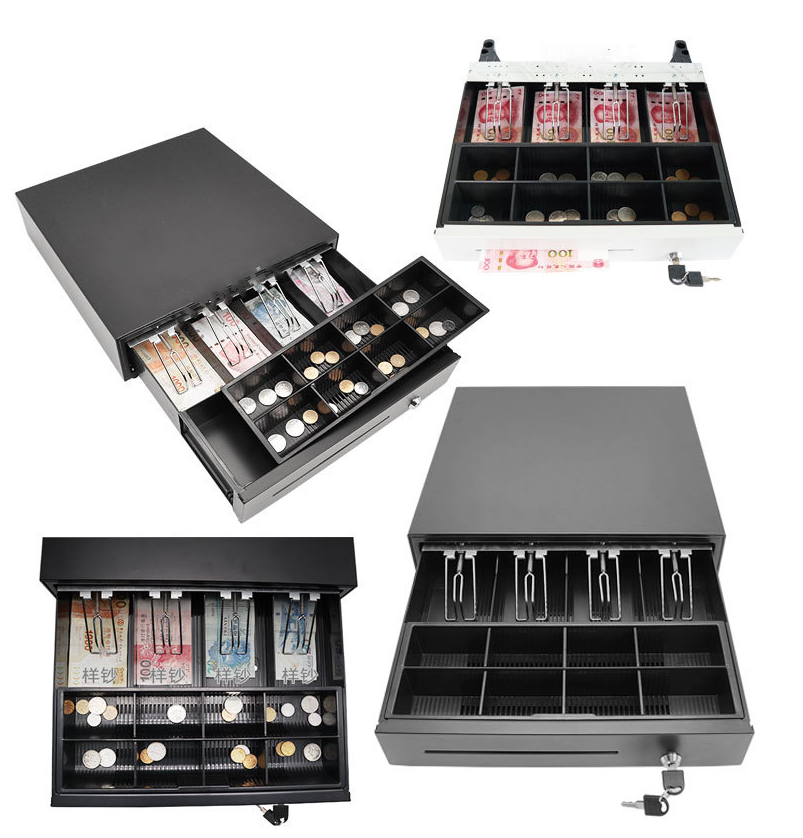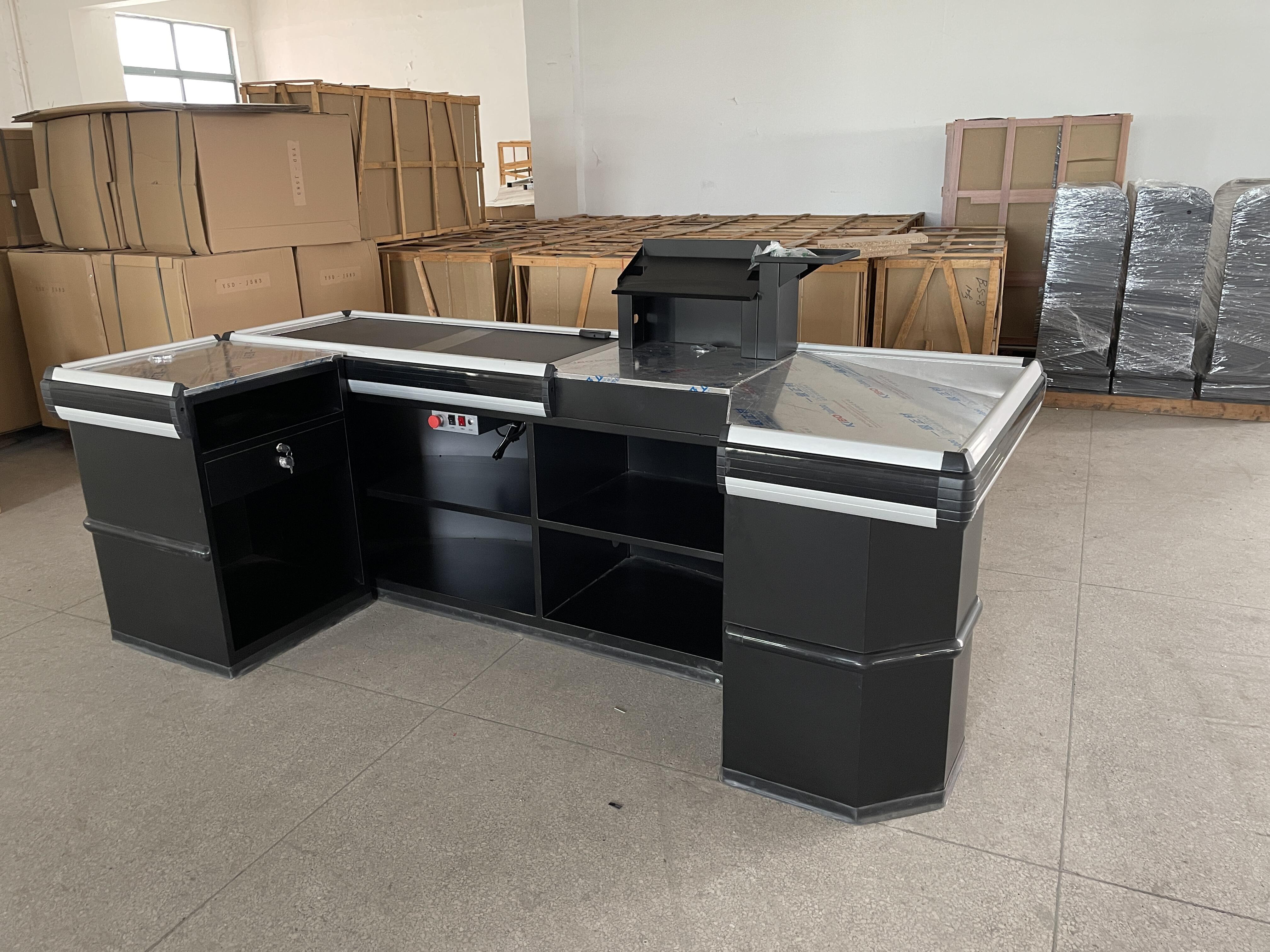price of plastic pallet
The price of plastic pallets represents a crucial consideration in modern logistics and supply chain management. These versatile storage and transportation solutions typically range from $15 to $150 per unit, depending on quality, size, and specifications. High-grade virgin plastic pallets command premium prices but offer extended durability and superior load-bearing capacity. Entry-level recycled plastic pallets provide cost-effective alternatives for lighter applications. The pricing structure reflects various technological features, including reinforced designs, anti-slip surfaces, and RFID compatibility. Modern plastic pallets incorporate innovative materials and manufacturing processes, resulting in products that maintain structural integrity under diverse conditions. These pallets serve multiple industries, from food and beverage to pharmaceutical and automotive sectors, offering hygiene compliance and chemical resistance. The initial investment in plastic pallets, while higher than traditional wooden alternatives, typically delivers long-term cost benefits through extended service life and reduced replacement needs. Market dynamics, raw material costs, and bulk purchase volumes significantly influence pricing, with manufacturers often offering competitive rates for large-quantity orders.


